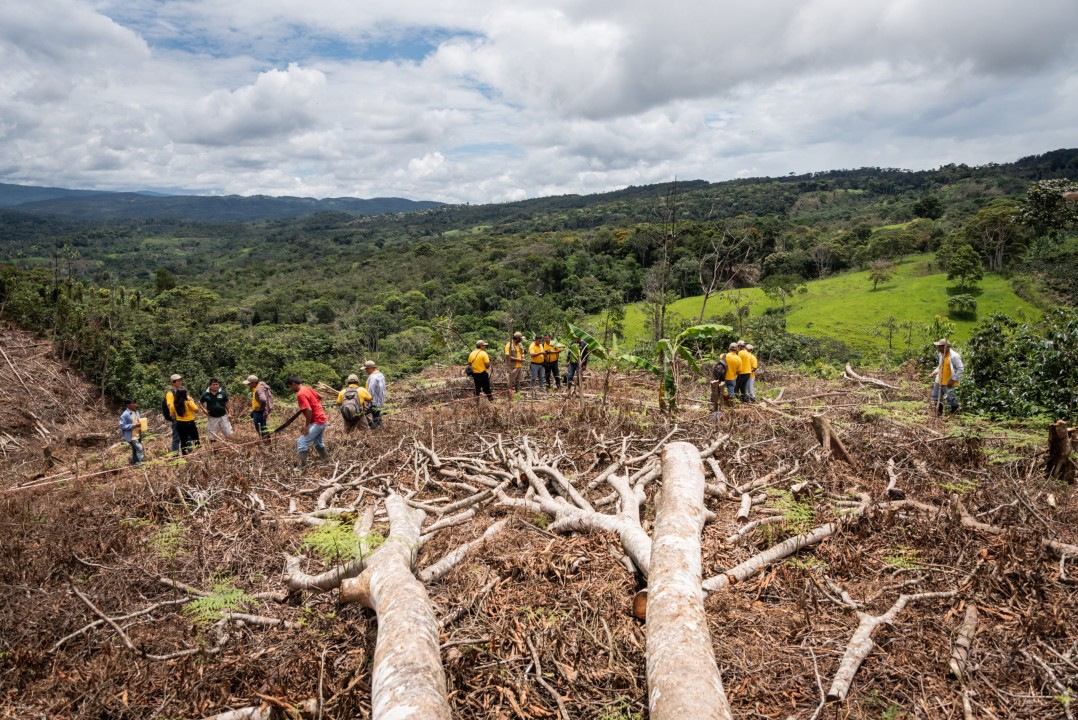KAMPALA, October 22, 2025 – The European Commission has unveiled a series of targeted proposals aimed at easing the implementation of the EU Deforestation Regulation [ EUDR ], ensuring the timely and effective rollout of one of the bloc’s key environmental initiatives.
In a statement issued yesterday, the Commission outlined measures designed to support businesses, Member States, international stakeholders, and third countries in navigating the practicalities of the EUDR, which seeks to curb the EU’s contribution to global deforestation.
A central pillar of the new proposal is ensuring that the EUDR’s digital infrastructure – the IT system supporting compliance and due diligence processes – is fully operational and robust enough to manage significantly higher-than-anticipated volumes of data. The system is being refined to process all due diligence statements for regulated products, from upstream importers to downstream manufacturers.
Simplified rules for small operators
In response to extensive stakeholder feedback, the Commission is proposing a simplification of reporting requirements, especially for micro and small primary producers from low-risk countries, who represent nearly all EU-based farmers and foresters.
Under the new rules, such operators would only need to make a one-off declaration in the EUDR IT system. In cases where data is already available in national databases, no further action would be required. This replaces the current requirement for regular due diligence submissions.
Larger downstream operators and traders—such as retailers and manufacturers—will also see a reduction in administrative burdens. The Commission proposes that only one due diligence statement be submitted at the entry point of a product into the EU market. For example, cocoa beans would require a single declaration by the initial importer; subsequent manufacturers of chocolate would not need to file additional reports in the IT system.
Transitional periods extended
To facilitate the smooth uptake of the new rules, the Commission is proposing staggered implementation timelines: Large and medium-sized companies will still be required to comply from December 30, 2025, but with a six-month grace period for checks and enforcement; Micro and small enterprises will have until December 30, 2026 to comply.
The Commission is also developing contingency plans in case the legal proposal is not adopted in time by EU co-legislators. If no agreement is reached, the original application dates will remain in place.
Call for swift adoption
The European Commission has urged the European Parliament and Council to adopt the targeted amendments before the end of 2025 to avoid uncertainty and support business preparedness.
Background on the EUDR
Adopted in June 2023, the EU Deforestation Regulation aims to ensure that key commodities sold within the EU, such as coffee, cocoa, soy, and palm oil, do not contribute to global deforestation or forest degradation.
Deforestation is a major driver of climate change and biodiversity loss. According to the UN Food and Agriculture Organisation [FAO], 420 million hectares of forest—an area larger than the EU, were lost between 1990 and 2020. Between 2015 and 2020, forests were disappearing at a rate equivalent to three times the size of Brussels’ Parc Léopold every minute.
The Commission has been working closely with stakeholders since the regulation’s inception, including the rollout of guidance and FAQs in early 2025 and the adoption of a benchmarking regulation in May. The latest proposal builds on ongoing efforts to streamline compliance and cut red tape, estimated to reduce administrative costs by up to 30 percent for businesses.
https://thecooperator.news/eu-commission-proposes-further-eudr-delay-amid-environmental-backlash/
Buy your copy of thecooperator magazine from one of our country-wide vending points or an e-copy on emag.thecooperator.news
